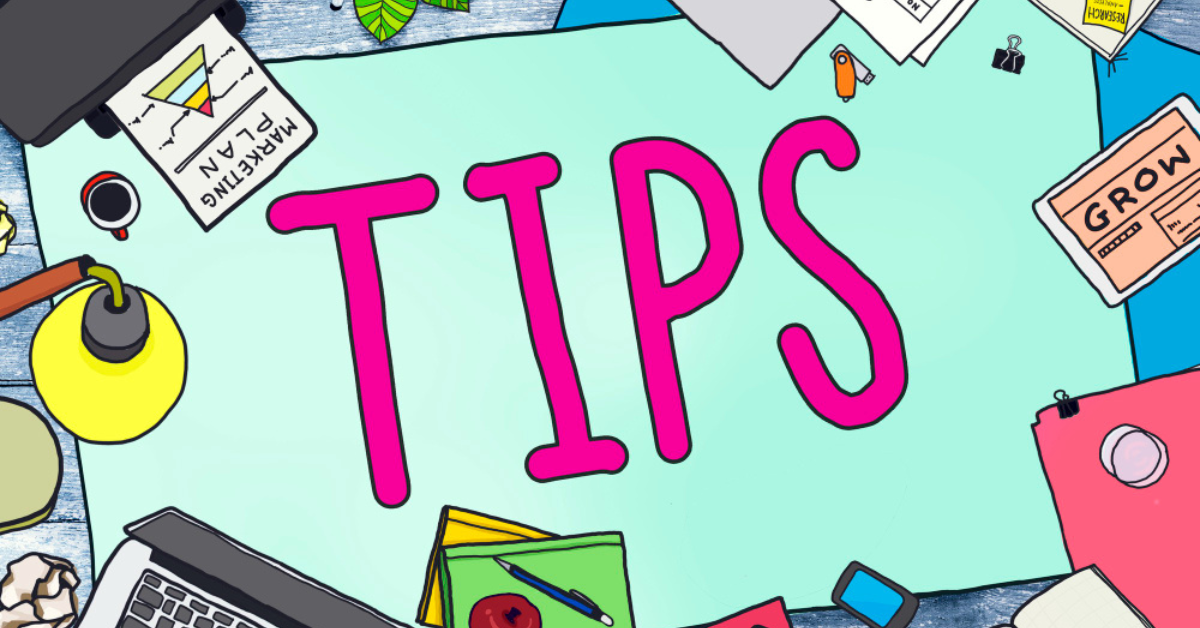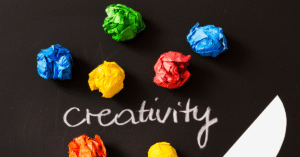Easy Tips to Stay Productive Without Feeling Tired

Staying productive requires the right balance between work and rest. Using easy tips can help boost efficiency without causing burnout or exhaustion.
1. Prioritize Important Tasks First
Starting the day with high-priority tasks increases efficiency. Completing important work early reduces stress. Prioritizing helps manage time effectively.
A to-do list organizes tasks efficiently. Breaking large projects into smaller steps simplifies work. Structured planning prevents last-minute pressure.
Focusing on essential tasks prevents distractions. Avoiding multitasking enhances concentration. A clear plan improves daily productivity.
2. Take Regular Breaks to Refresh Your Mind
Working for long hours without breaks reduces focus. Short breaks improve concentration and energy levels. Scheduling rest prevents mental fatigue.
The Pomodoro Technique helps maintain productivity. Working for 25 minutes and taking a 5-minute break boosts efficiency. Small pauses keep the mind fresh.
Stepping away from screens during breaks helps. Stretching, walking, or deep breathing improves relaxation. A refreshed mind works more effectively.
3. Stay Hydrated and Eat Energy-Boosting Foods
Dehydration causes fatigue and lowers focus. Drinking enough water keeps energy levels stable. Staying hydrated prevents sluggishness.
Eating balanced meals enhances productivity. Protein, fiber, and healthy fats provide sustained energy. Avoiding sugary snacks prevents energy crashes.
Healthy snacks like nuts, fruits, and yogurt improve concentration. Maintaining steady energy levels supports long-term productivity.
4. Get Enough Quality Sleep at Night
Lack of sleep reduces focus and efficiency. A consistent sleep schedule improves brain function. Proper rest enhances problem-solving skills.
Avoiding screens before bedtime helps with better sleep. A relaxing evening routine prepares the mind for rest. Quality sleep prevents daytime tiredness.
Setting a fixed bedtime improves energy levels. A well-rested body handles work tasks efficiently. Sleep is essential for maintaining productivity.
5. Create an Organized and Distraction-Free Workspace
A cluttered workspace reduces efficiency. A clean and organized desk improves focus. Minimal distractions enhance concentration.
Using noise-canceling headphones blocks unnecessary sounds. A quiet work environment boosts mental clarity. An ideal setup enhances workflow.
Proper lighting also affects productivity. Natural light improves mood and focus. A comfortable workspace increases efficiency.
6. Move Your Body and Stay Active
Sitting for long hours causes fatigue. Regular movement prevents stiffness and tiredness. Short exercises improve circulation.
Stretching or light workouts during breaks increase energy. Even a 10-minute walk refreshes the mind. Physical activity enhances mental sharpness.
Standing desks or occasional stretching boosts productivity. Active breaks reduce stress. Movement keeps the body energized.
7. Manage Stress Effectively
Stress drains mental energy. Learning stress management improves efficiency. Relaxation techniques help maintain balance.
Practicing deep breathing reduces anxiety. Taking a few deep breaths calms the mind. Less stress leads to better productivity.
Engaging in hobbies during free time prevents burnout. Enjoyable activities refresh the brain. A relaxed mind handles tasks better.
8. Set Realistic Goals and Avoid Overworking
Unrealistic expectations lead to exhaustion. Setting achievable goals improves motivation. Managing workload prevents burnout.
Focusing on progress instead of perfection reduces stress. Small wins boost confidence. Achievements encourage continuous productivity.
Knowing when to stop working is essential. Overworking decreases efficiency. A balanced routine sustains long-term success.
9. Use Productivity Tools to Stay on Track
Digital tools simplify task management. Apps like Trello or Notion help organize work. Tracking progress improves efficiency.
Setting reminders prevents forgetting important tasks. Calendar apps schedule daily activities. Using tools enhances workflow.
Automation saves time. Repeating tasks can be simplified with software. Technology supports better time management.
10. Listen to Your Body and Rest When Needed
Ignoring fatigue leads to burnout. Listening to the body’s signals is important. Resting when necessary restores energy.
Power naps improve alertness. A short 15-minute nap boosts productivity. Small rest periods enhance focus.
Taking breaks before exhaustion occurs maintains efficiency. Regular rest prevents overwork. A well-rested mind performs better.
Conclusion
Maintaining productivity requires balance. Using easy tips like breaks, hydration, and rest prevents tiredness. Small adjustments lead to long-term efficiency and success.












